The View from Sub-Saharan Africa
Three volunteers share of their time in Malawi and Mozambique
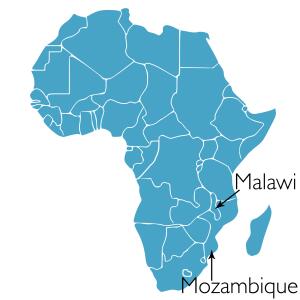 Planet Aid has been supporting development projects across the globe in the fight on poverty for almost two decades. Through the years, we've partnered with many volunteers, communities, projects, and NGOs to provide life-changing, sustainable assistance to millions of beneficiaries.
Planet Aid has been supporting development projects across the globe in the fight on poverty for almost two decades. Through the years, we've partnered with many volunteers, communities, projects, and NGOs to provide life-changing, sustainable assistance to millions of beneficiaries.
On Friday, September 29, at the Planet Aid headquarters in Elkridge, Maryland, three One World Center volunteers, who spent six months in sub-Saharan Africa at Planet Aid-funded projects, presented their experiences and work through stories and pictures.
These volunteers were involved in teacher training; the building of schools, latrines, gardens, kitchens, and playgrounds; delivering the nutritional soy and corn mix to schools for the Food for Knowledge project; and so much more.
Here you'll be able to see the impact that these volunteers, with the support of Humana People to People, Planet Aid, and many more, were able to make in the lives of many in poverty.
Clarissa Paz
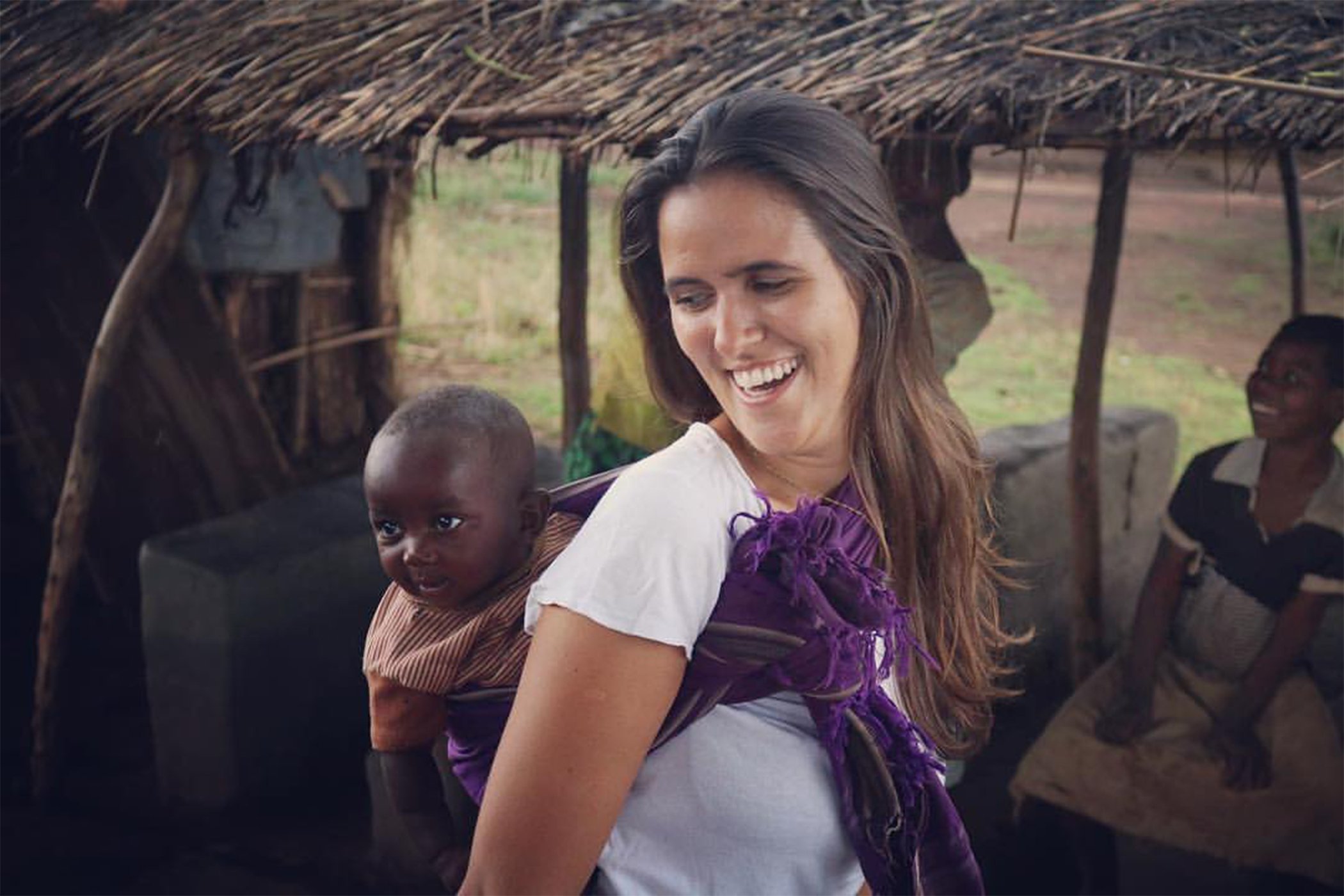
Clarissa joined the One World Center's Development Instructor Program to expand her experience in development to Africa. She had spent time working with the poor in her native country of Brazil with a non-profit, as well as earning an MBA in Social Responsibility in the Voluntary Sector. "I kept feeling Africa, Africa, Africa in my mind," she said. "So, I started to try to find a volunteer job in Africa." Click here to read more about Clarissa's experience.
Michelle Blanco
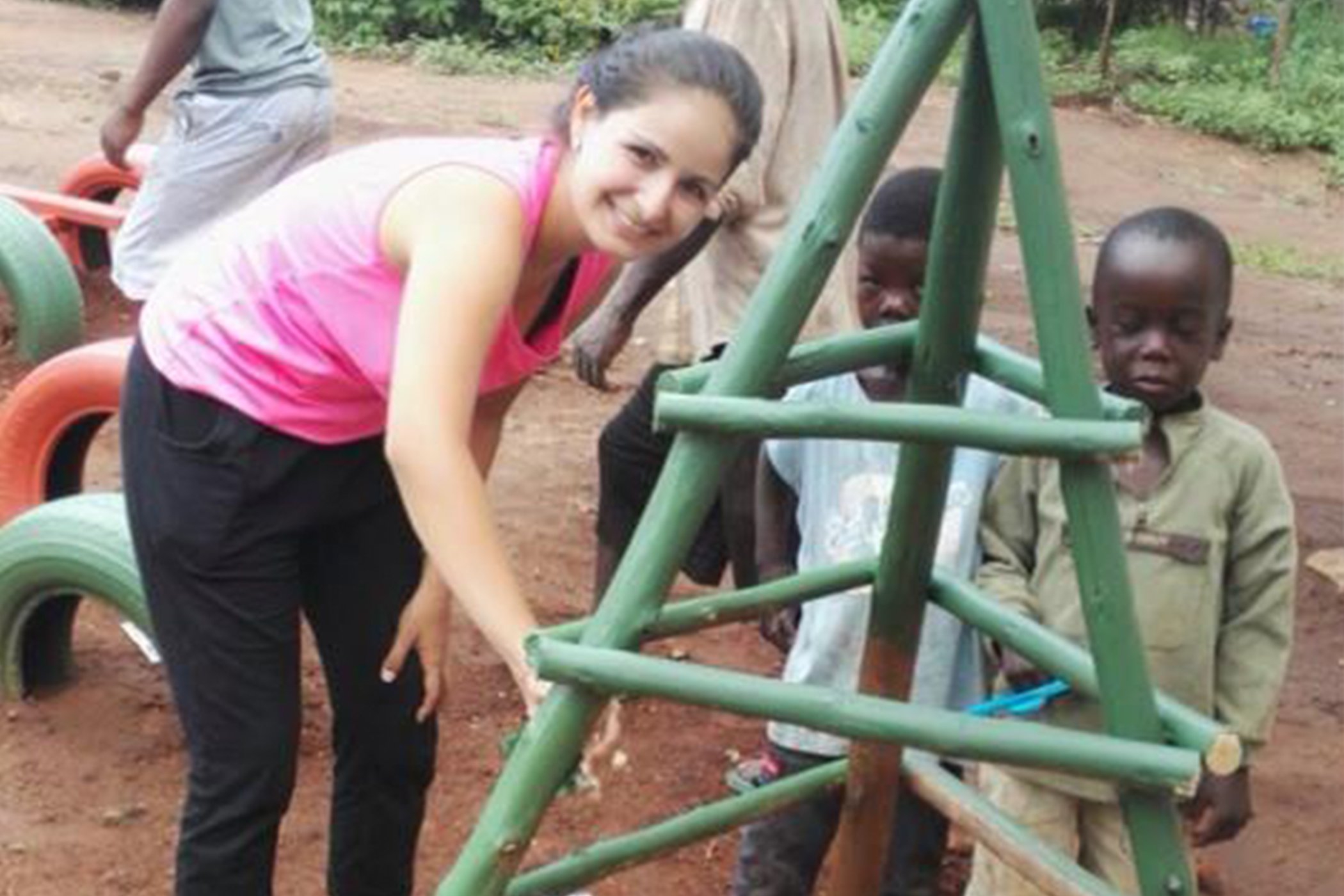
Michelle, who hails from Costa Rica, was in the process of earning her bachelor's degree in English, when she decided to volunteer in Africa. "When I would see the poor on television, I would think, "˜oh, the poor people,' and then never do anything to help," Michelle said. "One day I decided I couldn't continue like that. I needed to stand up and do something." Click here to read more about Michelle's time in Malawi.
Javier Camacho Valerio
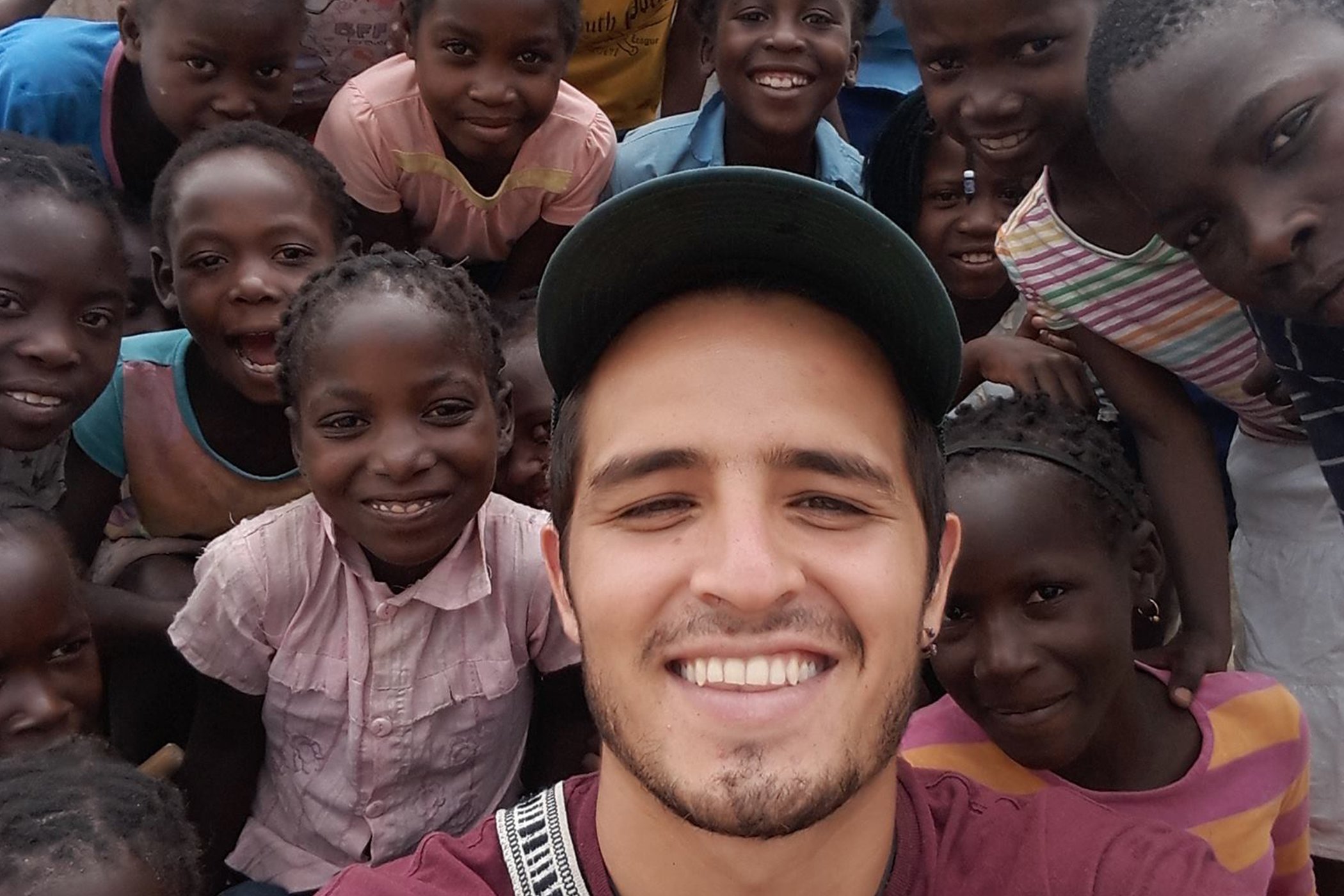
Javier spent his six months in Mozambique, working with Planet Aid's own Food for Knowledge (FFK) project. The project is set up in four districts of Mozambique, but Javier worked mostly in Manhiça and Magude, where he helped deliver the nutritional corn and soy mix that feeds over 80,000 children daily. Click here to read more about Javier's time in Mozambique.
Clarissa Paz
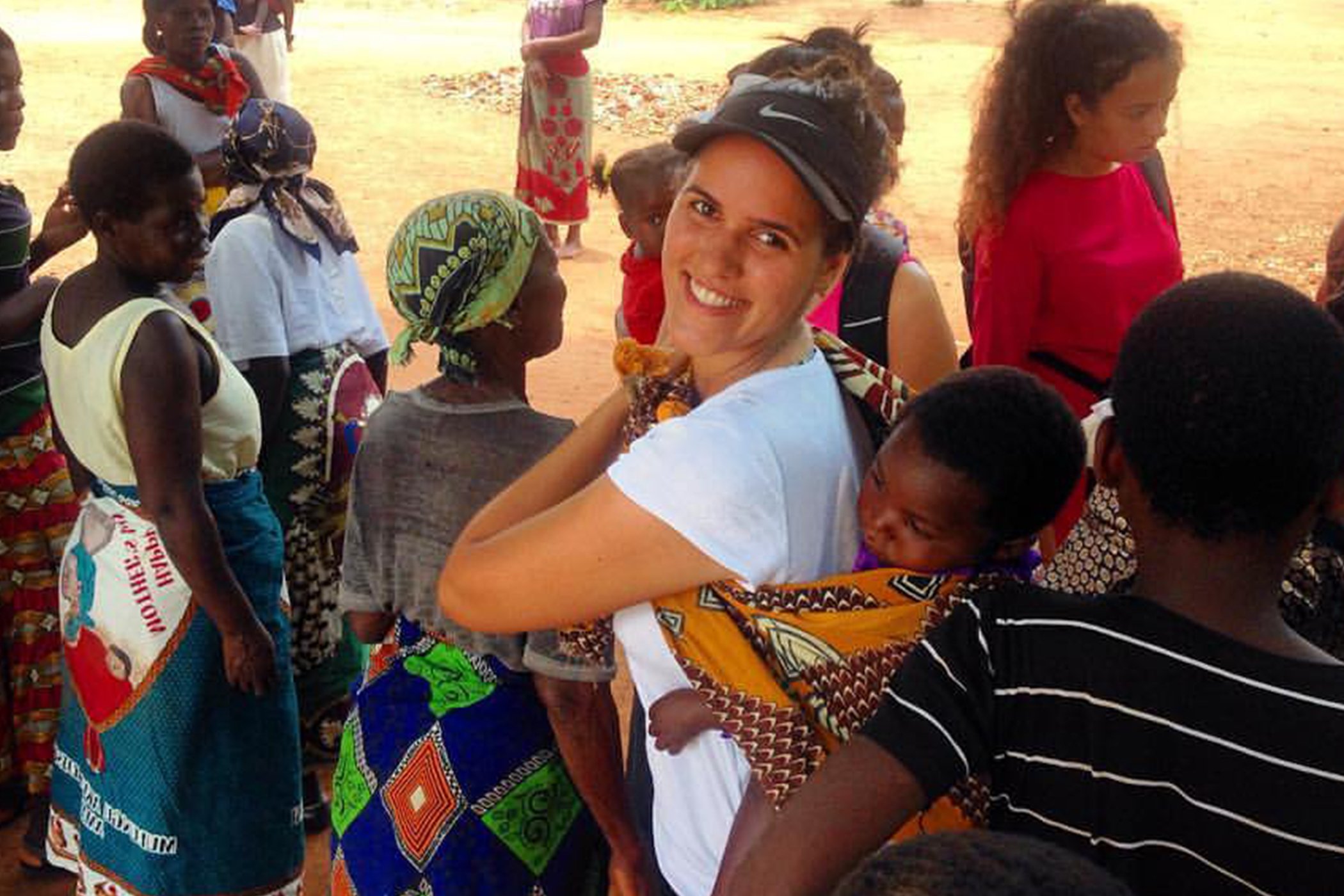
Clarissa joined the One World Center's Development Instructor Program to expand her experience in development to Africa. She had spent time working with the poor in her native country of Brazil with a non-profit, as well as earning an MBA in Social Responsibility in the Voluntary Sector. "I kept feeling Africa, Africa, Africa in my mind," she said. "So, I started to try to find a volunteer job in Africa."
For her six months of volunteer work in Malawi, Clarissa trained preschool teachers and built classrooms in a refugee camp. "When I arrived, I'd never seen a refugee camp," Clarissa said. "I had never seen people living in a house with nothing and no food to eat."
Clarissa explained that there were 28,000 refugees from the Congo, Burundi, and Rwanda living in this camp in Malawi. "The refugee camp was like a prison," she said. "They weren't allowed to leave, so they couldn't work to have money or food." The food they do receive is provided by the United Nations, and is not enough.
Clarissa made a point to visit the camp and began to meet with the people and hear their stories. "The people open their lives, hearts, and houses to share everything," she said. "They have very little food but still share it. For them, the joy of sharing is much better than a meal."
There was also a noticeable lack of education within the refugee camp. Only ten percent of children in the camp were in school. Those that were in school were simply gathering for classes under a tree or in falling-down buildings. Clarissa felt that building classrooms and training teachers for the already-active groups of students was the best way to further their education and encourage more students to join. "We built two preschools while I was there," she said. "And I'm going back to build more."
Clarissa is currently raising the funds to return to the refugee camp in Malawi to continue her work with education there. She sees her volunteer time, not as just an experience that she can now move on from, but as a stepping stone to building a better future for the children, the communities, and the countries she worked with. "When I was in Malawi, I could see the impact of all the people and organizations working together," she said. "Poverty is not just a sad thing that happens. These people are not being provided with the most basic human rights, and we need to fight for those rights."
Along with the people in Malawi, Clarissa said that her trip was able to impact many more lives. Through photos, videos, and updates posted about her trip and the fund raising process, Clarissa was able to share her experiences with hundreds across the world. "The people who are watching, learning, and donating are participating in this work, even if they aren't in Malawi," she said.
"The trip also affected me," Clarissa continued. "In Africa, I learned how important it is to help each other, to be together, and to try to improve others' lives. The best lesson I learned is to be happy with the simple things. That is my new way of life."
Michelle Blanco
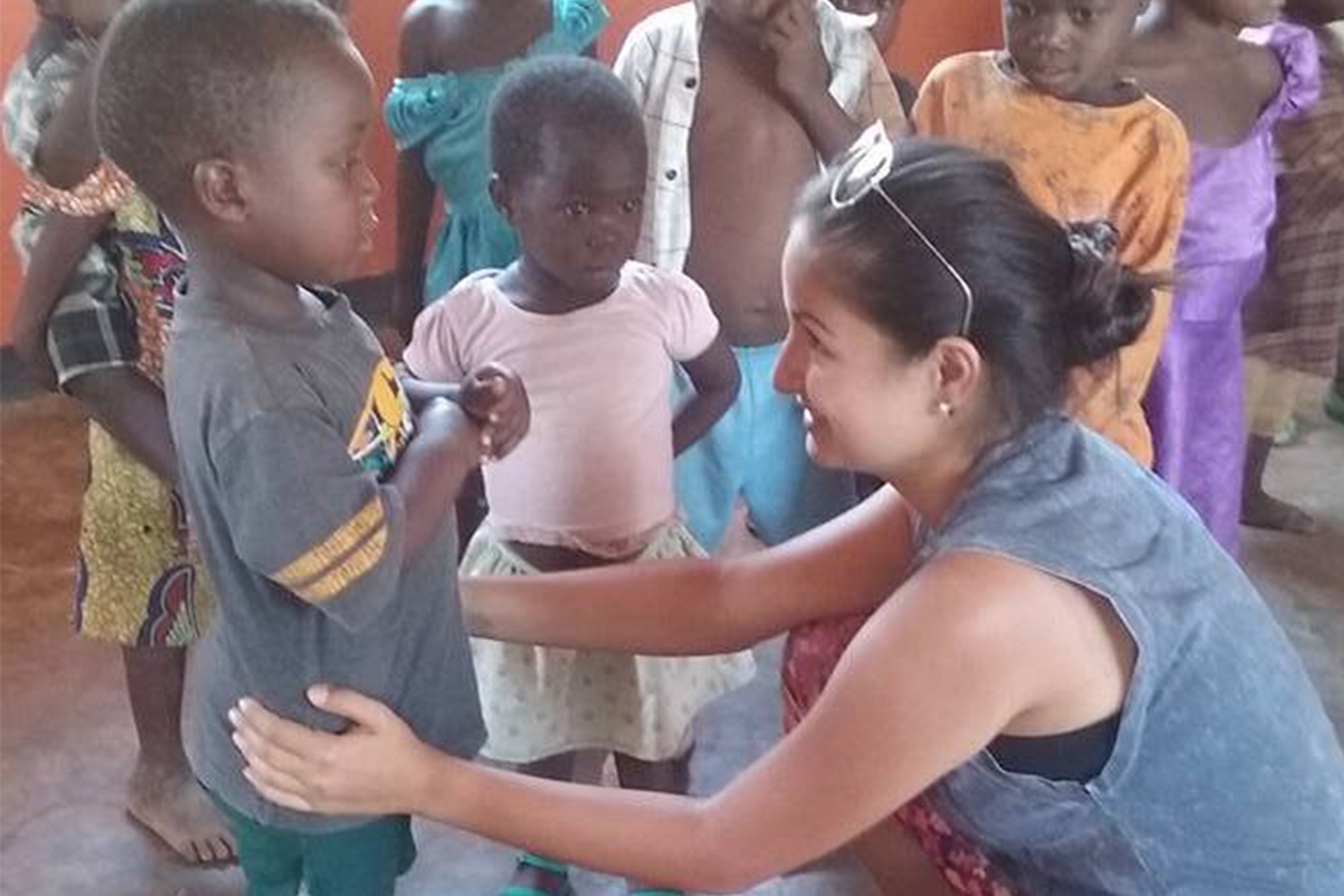
Michelle, who hails from Costa Rica, was in the process of earning her bachelor's degree in English, when she decided to volunteer in Africa. "When I would see the poor on television, I would think, "˜oh, the poor people,' and then never do anything to help," Michelle said. "One day I decided I couldn't continue like that. I needed to stand up and do something."
Before going to Malawi, Michelle felt that she was living a normal life: she had a job and an education, she was healthy and had three meals a day. "Going to Africa was like a slap across the face," she said. "The people in Malawi were so happy. I'd complained for 21 years, and they were saying "˜thank you' for everything they had - while to me, it seemed that they didn't have anything."
Michelle spent her time in Malawi training teachers once a month and improving schools the rest of the time. "Along with training on school subjects, I took advantage of the [teacher training] time to tell them about health and nutrition," she said. Michelle explained that many don't know the importance of covering their mouths when they cough or sneeze, or covering their mouths and noses when cooking outside to avoid inhaling smoke. "They were excited to learn these simple things and were excited to spread that knowledge to their students and community," she said.
During the six-month development training, that takes place at One World Center's campus in Michigan prior to their time in Africa, program participants learn the best ways to approach and help a community. "It's important to talk to the community and get to know what they need," Michelle said. "We don't want to impose anything, or change their culture. We only want to help improve."
This can sometimes be a long process. Volunteers will visit schools and communities, talking through development options and needs with the people. "We need to make sure there is enough interest so that when we start a project people will come and help make it happen," Michelle said. "It's also important for the project to be sustainable after we leave."
To this end, Michelle worked with numerous schools to establish gardens. Many of the community members already had the knowledge of gardening, but didn't have the funds to purchase the necessary tools and seeds. Michelle was able to provide these items, as well as put irrigation tanks in to keep the gardens thriving during the dry seasons. "With the gardens by the schools, they can be used as another classroom," she said. "The students can also take this knowledge and establish gardens at their houses to create more sustainable food for them and their families."
While in Malawi, Michelle learned some common songs that were sung at the schools. She felt that the music "showed the happiness of Malawi." "We are in very different situations from the people in Malawi," she said, "but in the end, it's not the circumstances that determine whether you have a good or a bad day, it's your attitude. You can do anything with the right attitude."
Javier Camacho Valerio
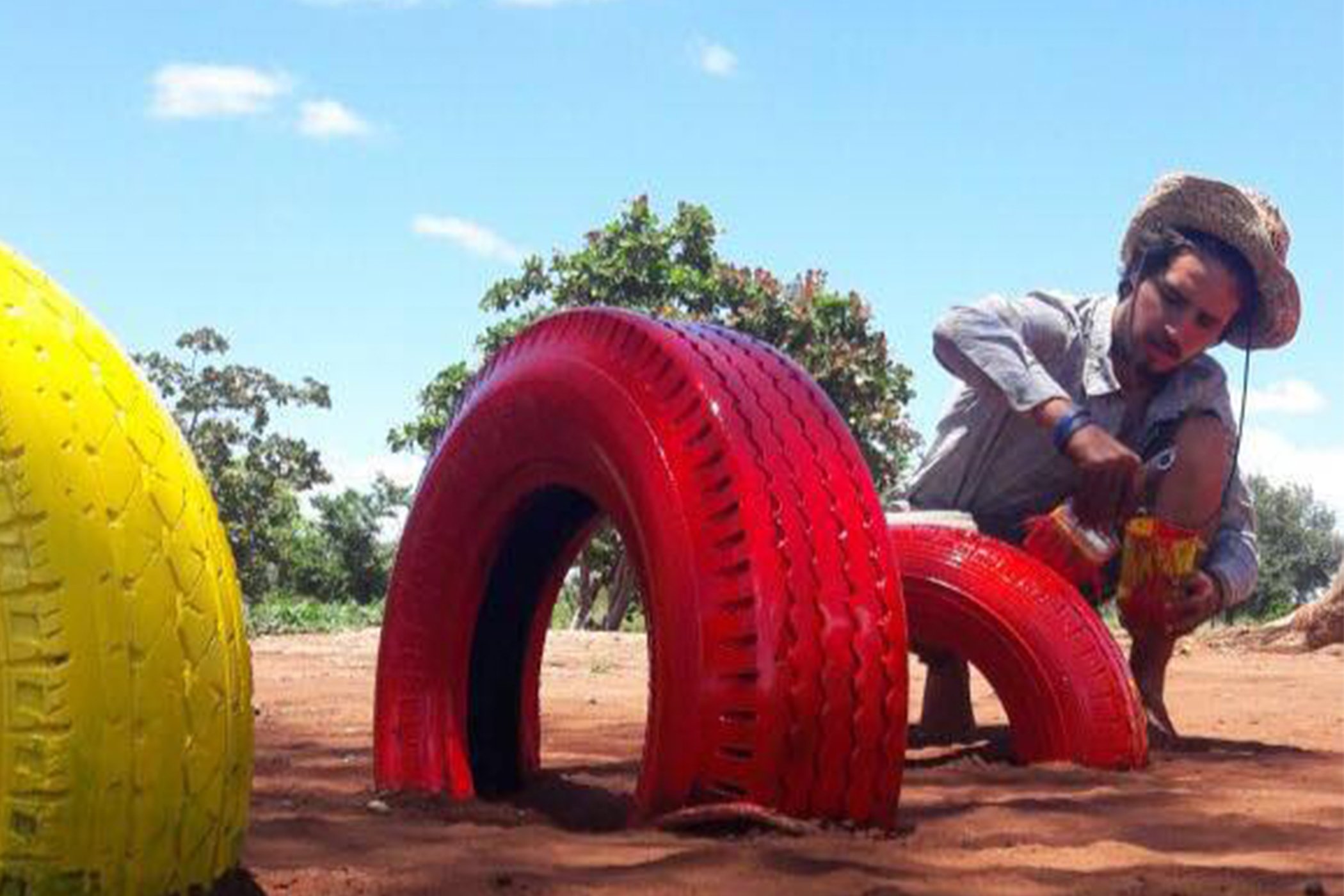
Javier spent his six months in Mozambique, working with Planet Aid's own Food for Knowledge (FFK) project. The project is set up in four districts of Mozambique, but Javier worked mostly in Manhiça and Magude, where he helped deliver the nutritional corn and soy mix that feeds over 80,000 children daily.
Before participating in the One World Center program, Javier was studying Gender and Human Development in Costa Rica. "I found that I really liked that area of study," he said, "and I wanted to go outside Costa Rica to work more in human development."
Javier said that he enjoyed going to the schools within the FFK districts and getting to see the joy that the food and education brought the students and communities. "Everyone was so happy [when I arrived at a school]," he said. "It's making a huge impact on [students] to have a good meal every day."
Along with delivering the food, Javier got the chance to work in some of the clubs that have been established at the FFK schools. One of the main clubs is focused on literacy and has developed reading materials in multiple native languages. You can read more about the literacy project here.
While at the FFK school in Mafufine, Javier started an environmental club. "I taught the students not to litter, and also ways to reuse the litter to make crafts," he said. "The clubs are a great way to have access to the community issues and needs."
Javier noticed a lack of play areas and equipment at the school in Mafufine, and decided to put a tire swing in one of the trees near the school. He said that at first the children were confused and wouldn't use the swing, but after he showed them what it was for and how to use it, they were lining up. The students even started coming to school on non-school days just to play on the swing. This really struck Javier. "We often think that we know what is happening on the other side of the world, and we think we are missing so much. But we have access to transportation, food, clean water, health, and education. For them, the biggest goal is to not go to bed with an empty stomach. But, when you go there, you see how happy the people are. They enjoy life by sharing and being a community."
Javier has been back from Mozambique for about six months. During this time, he started an NGO in Costa Rica with the goal of working in areas of Africa that aren't currently receiving assistance from other organizations. As the first official project of his NGO, Javier is going to Malawi with Clarissa to continue building schools in the refugee camp. Click here to learn more about Clarissa's work in the Malawian refugee camp.
The NGO's name, Apoyando el Futuro, translates to "supporting the future." "The children are the future of the communities and the countries," Javier said. "We want to give them a place to spark and grow to help break the cycle of poverty."
